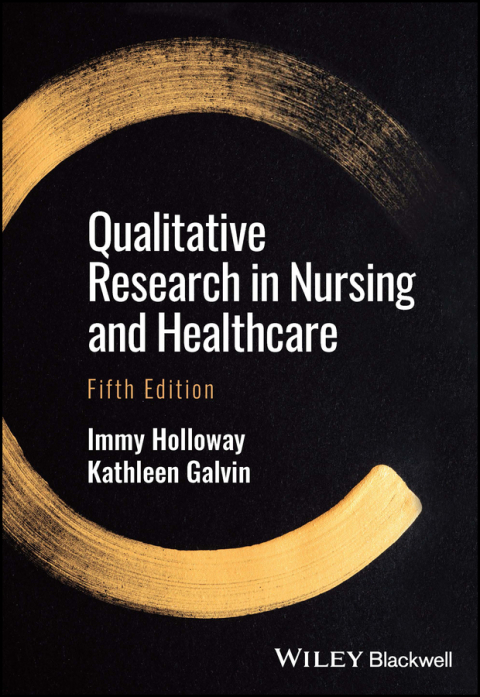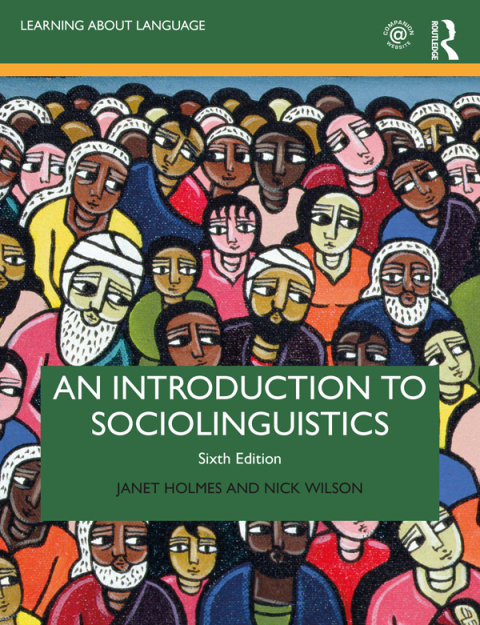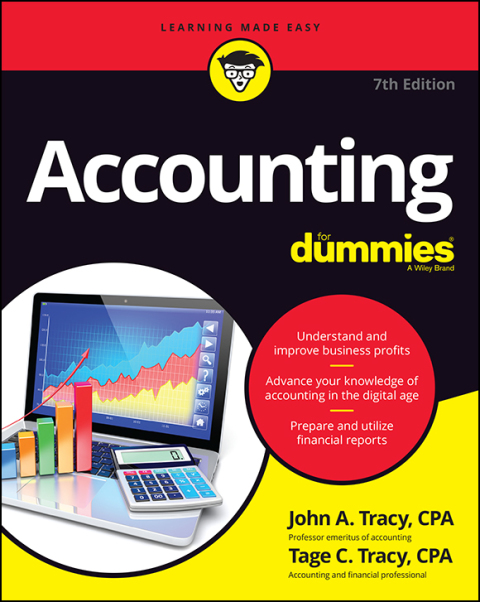Description
Efnisyfirlit
- Cover
- Table of Contents
- Title Page
- Copyright Page
- Preface
- About the Authors
- Acknowledgement
- Part One: Introduction to Qualitative Research: Starting Out
- Chapter 1: The Essentials of Qualitative Research
- What is qualitative research?
- The characteristics of qualitative research
- The primacy of data
- Contextualisation
- Immersion in the setting
- The ‘emic’ perspective
- Thick description
- The research relationship
- Insider/outsider research
- Reflexivity
- The place of theory in qualitative research
- The use of qualitative research in healthcare
- Choosing an approach for health research
- References
- Further Reading
- Chapter 2: The Paradigm Debate: The Place of Qualitative Research
- Theoretical frameworks and ontological position
- The natural science model: positivism, objectivism and value neutrality
- The paradigm debate
- The interpretive/descriptive approach
- Focus on postmodernism and social constructionism
- Conflicting or complementary perspectives?
- Final comment
- References
- Further Reading
- Chapter 3: Initial Steps in the Research Process
- Selecting and formulating the research question
- Practical issues
- The research design and choice of approach
- The literature review
- Writing a research proposal
- Access and entry to the setting
- Summary
- References
- Further Reading
- Chapter 4: Ethical Issues
- The foundational ethical framework for research
- Ethics in qualitative research
- Interviews and observations
- The participant information sheet
- Researching one’s peers
- The research relationship
- Research in the researcher’s workplace
- The role of research ethics committees
- Reviewing the research project
- Key ethical questions: audiotaped interviews
- Summary
- References
- Further Reading
- Chapter 5: Supervision of Qualitative Research
- The responsibilities of supervisor and student
- Writing and relationships
- Practical aspects of supervision
- Single or joint supervision
- Problems with supervision
- Academic problems
- Final notes
- Summary
- References
- Further Reading
- Part Two: Data Collection and Sampling
- Chapter 6: Interviewing
- Interviews as sources of data
- The interview process
- Types of interview
- Practical considerations
- Recording interview data
- The interviewer–participant relationship
- Problematic issues and challenges in interviewing
- Ethical issues in interviewing
- Summary
- References
- Further Reading
- Chapter 7: Observation and Documents as Sources of Data
- Participant observation
- The origins of participant observation
- Immersion in culture and setting
- Types of observation
- Problems in observation
- Technical procedures and practical hints
- Documentary sources of data
- Summary
- References
- Further Reading
- Chapter 8: Focus Group Research (FGR)
- The nature and features of focus group research
- The origin and purpose of focus groups
- Focus group research in healthcare
- Sample size and composition
- Conducting focus group discussions
- Research with online or virtual focus groups
- Recording, analysing and reporting focus group data
- Critical comments on focus group research in healthcare
- Summary
- References
- Further Reading
- Chapter 9: Sampling Strategies
- Sampling decisions
- A variety of sampling types
- Inclusion and exclusion criteria
- Sampling parameters
- Sample size
- Saturation
- Giving a label to the participants
- Summary
- References
- Further Reading
- Part Three: Approaches in Qualitative Research
- Chapter 10: Ethnography
- The development of ethnography
- Ethnographic methods
- Ethnography in healthcare
- The main features of ethnography
- Fieldwork
- Doing and writing ethnography
- Analysis
- Interpretation
- Pitfalls and problems
- Summary
- References
- Further Reading
- Chapter 11: Grounded Theory Methodology
- History and origin
- Symbolic interactionism
- The main features of grounded theory
- Data collection, theoretical sampling and analysis
- The three main approaches
- Using the literature
- Integration of theory
- Theoretical memos and fieldnotes
- Pitfalls and problems
- Which approach for the health researcher?
- Summary
- References
- Further Reading
- Chapter 12: Narrative Inquiry
- The nature of narrative and story
- Narrative research
- Narratives in health research
- The everyday story
- Autobiographical and biographical stories
- Cultural stories
- Collective stories
- Illness narratives
- The restitution narrative
- The chaos narrative
- The quest narrative
- Narrative interviewing
- Narrative analysis
- Thematic and holistic analysis
- Structural analysis
- Dialogic/performance analysis
- Visual analysis
- Ongoing debates about narrative
- Summary
- References
- Further Reading
- Chapter 13: Phenomenology
- Intentionality and the early stages of phenomenology
- Phases and history of the movement
- The German phase
- The French phase
- Schools of phenomenology
- The phenomenological research process: doing phenomenology
- Grounding
- Reflexivity and positional knowledge
- ‘Humanisation’ and the language of experience
- Phenomenology and health research
- Topics for phenomenological approaches
- Choice of approach: descriptive or interpretive phenomenology
- Procedures for data collection and analysis
- Summary
- References
- Further Reading
- Chapter 14: Action Research
- The origins of action research
- Critical social theory
- Action research in healthcare
- The main features of action research
- The methodological continuum
- Practical steps
- Trustworthiness in AR
- Problems and critique
- Summary
- References
- Further Reading
- Chapter 15: Additional Approaches
- Case study research
- Overview
- Features and purpose of case study research
- Conversation analysis
- The origins of conversation analysis
- The use of conversation analysis
- Discourse analysis
- Critical discourse analysis (CDA)
- Performative social science
- PSS in health research
- Summary
- References
- Further Reading
- Discourse Analysis
- Further Reading
- Performative Social Science
- Further Reading
- Part Four: Data Analysis and Completion
- Chapter 16: Data Analysis: Strategies and Procedures
- Transcribing and sorting
- Taking notes and writing analytic memos
- Ordering and organising the data
- Analytical styles
- Coding and categorizing
- Thematic analysis
- Meaning and Gestalt
- Problems of QDA
- Inferential leaps and ‘premature closure’
- Collaboration in the process of analysis and interpretation
- Computer‐aided analysis of qualitative data
- The reasons for computer use
- Storing, annotating and retrieving texts
- Locating words, phrases or segments of data
- Naming or labelling
- Sorting and organising
- Identifying data units
- Preparing diagrams
- Approaches to qualitative computer analysis
- Language‐oriented
- Descriptive/interpretive approaches
- Theory building
- The practicalities of using computer‐aided analysis
- Advantages of computer use
- Problems and critique of computer analysis
- Summary
- References
- Further Reading
- Chapter 17: Establishing Quality: Validity and Trustworthiness
- Quality
- Conventional criteria
- Rigour
- Reliability
- Validity
- Generalisability or external validity
- Objectivity and subjectivity
- The concept of validity in qualitative research
- An alternative perspective: trustworthiness
- Dependability
- Credibility
- Transferability
- Confirmability
- Authenticity
- Strategies to ensure trustworthiness
- Member checking
- Searching for negative cases and alternative explanations
- Peer review
- Triangulation
- The audit or decision trail
- Thick description
- Prolonged engagement
- Reflexivity
- Quality and creativity
- Summary
- References
- Further Reading
- Chapter 18: Writing up and Publishing Qualitative Research
- The research account
- Use of the first person
- The format of the report
- Title
- Abstract
- Acknowledgement and dedication
- Contents
- Introduction
- Entry issues and ethical considerations
- Methodology and research design
- Findings/results and discussion
- Conclusion and implications
- Referencing
- Appendices
- Critical assessment and evaluation
- Guide to research evaluation
- Publishing and presenting the research
- Books
- Articles
- Types of article
- Alternative forms of presenting or disseminating the research
- Summary
- References
- Further Reading
- Final Note
- References
- Glossary
- Index
- End User License Agreement







Reviews
There are no reviews yet.